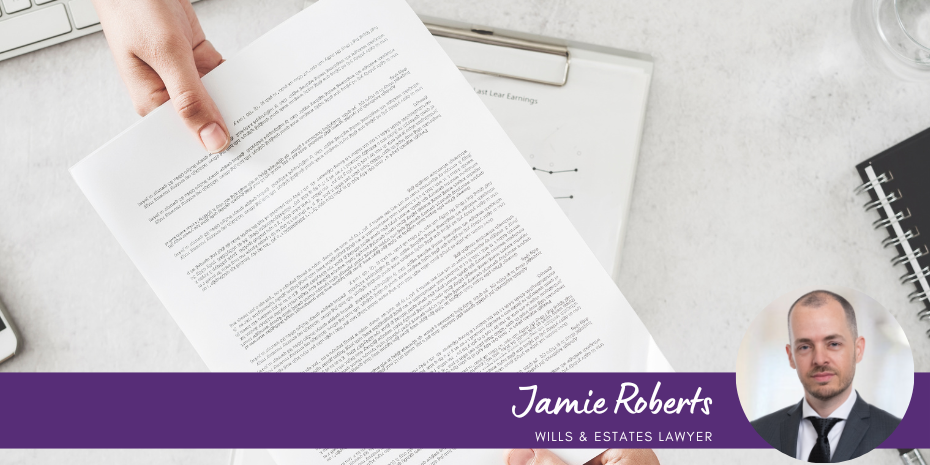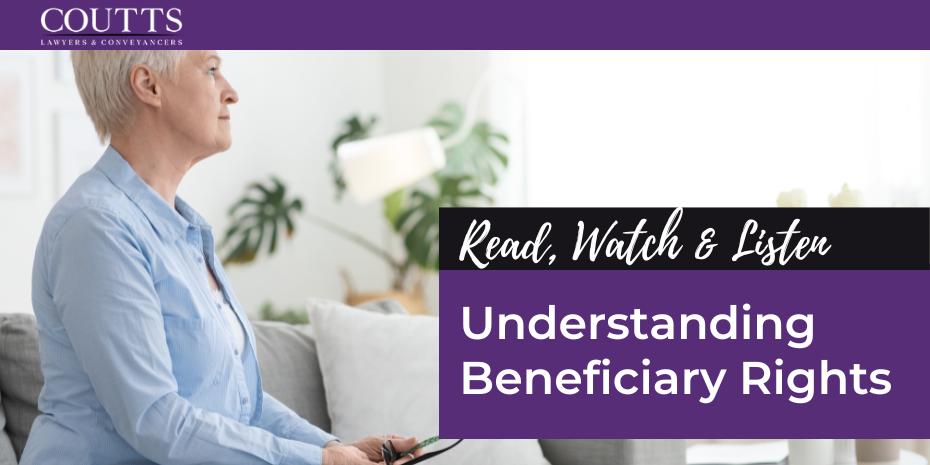A Power of Attorney is a document that allows another person to legally manage your financial and legal affairs. A Power of Attorney can be General or Enduring.
More commonly used is the Enduring Power of Attorney that many people set up at a time in their lives when they are managing their own affairs quite well. However, understanding that sometimes health can fail, they chose to set up a Power of Attorney on their own terms and nominate that it will commence operating at a later date (usually when their treating doctor determines they are no longer capable of managing their own affairs).
What can a Power of Attorney do?
An attorney can undertake any actions that you can- they can pay your bills, liaise with government departments and withdraw money from your accounts, in addition to open and close bank accounts, enter into lease and hire purchase agreements and even sell your house. So it is vital that you trust the person you appoint as your attorney. It can be helpful to have more than one to promote accountability. An attorney must avoid placing themselves in a position where their interests are in conflict with yours. A common example is where there is an adult child still living at home with shared expenses who then manages your money.
An attorney must act in accordance with your directions. If you have set up a Power of Attorney and you now wish to change or stop it, you must formally revoke this Power, provided you have the capacity to make that decision.
If your attorney wants to deal with your land, the Power of Attorney must be registered with the LPI (formerly known as the Land Titles Office). If a registered Power of Attorney is revoked, that revocation should also be lodged with the LPI.
What is a General Power of Attorney?
A General Power of Attorney is convenient to set up for a specific purpose. For example, if you have an overseas trip planned and while away you will have legal documents that require attention, perhaps you have bought a house and settlement is while you are away, or you have purchased an unregistered block of land that might register during your trip. Allowing a trusted family member or friend to sign documents on your behalf means the transaction will continue in your absence. A General Power of Attorney will automatically cease if you lose your mental capacity.
Why appoint a Power of Attorney?
A Power of Attorney is a vital document to help a person maintain independence in their later years, should they actually need it. It allows them to retain control of their affairs by stating who and on what terms their financial and legal affairs may be managed. A Power of Attorney should be appointed in advance of a situation where you may find yourself lacking the mental capacity to make their own decisions.
We often receive enquiries from people who have a parent that has developed dementia, alzheimer’s diseases or are otherwise not able to manage their own affairs. The children state that they have been able to help their parents in the past but now an organisation, often a bank, is requiring a formal Power of Attorney. The difficulty with this situation is, when a person lacks the mental capacity to manage these transactions, they almost always lack the mental capacity to instruct a solicitor to prepare a Power of Attorney and our hands are tied.
When a person has lost their capacity and either needs a Power of Attorney made, or, needs to revoke a Power of Attorney, they or concerned people need to approach the Guardianship Tribunal for a decision to be made on that person’s behalf.



